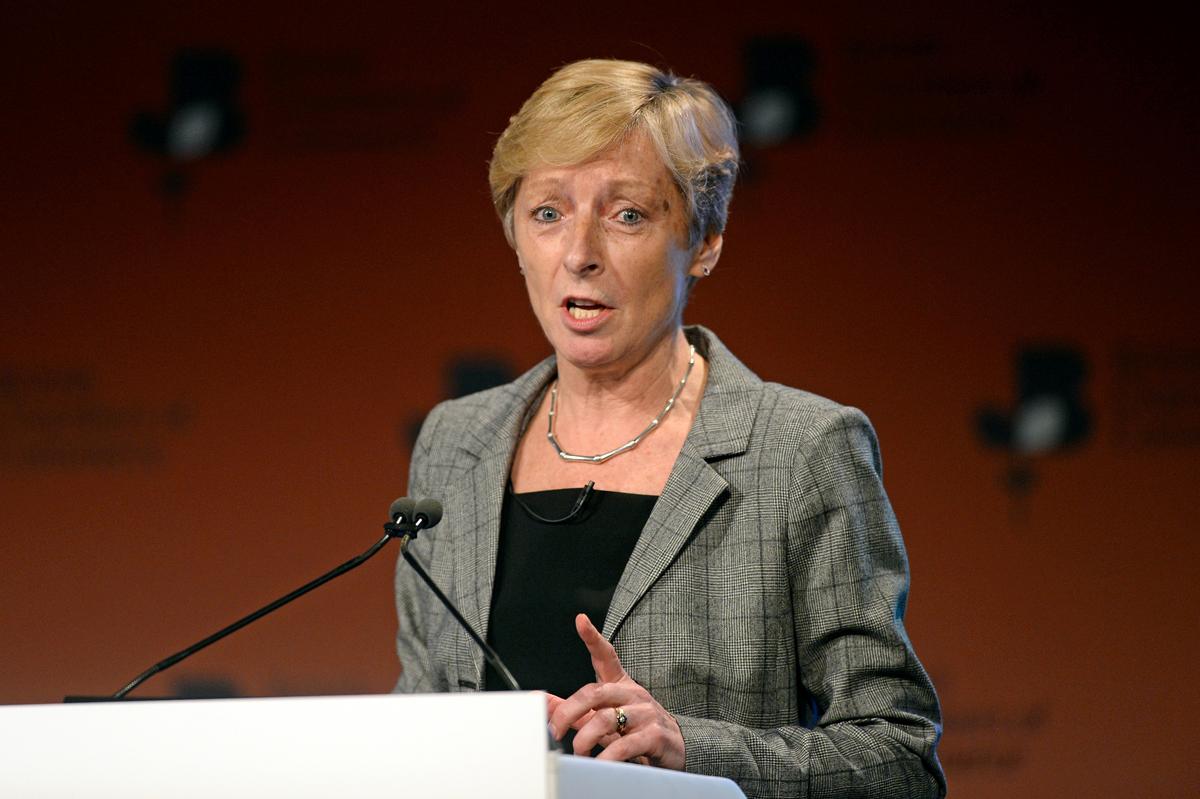see all jobs
UK Sport has ‘not failed’ in its duty of care to athletes, says Liz Nicholl
UK Sport has dismissed criticisms that it has failed in its duty of care to athletes following high profile allegations of bullying within sports that it funds.
During a tense encounter at a Culture, Media and Sport Select Committee hearing into doping in sport, Conservative MP Julian Knight argued that the elite sport quango had “allowed the pursuit of medals to take priority over the mental health of athletes”.
The elected member for Solihull also claimed that UK Sport was guilty of a “dereliction its duty” by “not being aware of issues” while they were ongoing, referring to allegations made by athletes within the world-class programmes of British Cycling and British Canoeing.
Liz Nicholl, the organisation’s chief executive, categorically stated that UK Sport had not failed in its duty of care and that “first and foremost it is the responsibility of the sport to know what is going on with their programmes”.
She admitted that “some scenarios have raised questions about the culture in some sports”, but caveated that the issues "must be put into perspective".
"We are funding 1,200 athletes and it's a small number of athletes [making allegations]," she said.
Nicholl added that UK Sport would wait until the conclusion of two ongoing reviews before deciding whether to take action.
A year-long review examining the culture of British Cycling – overseen by Annamarie Phelps – is drawing to its conclusion following allegations of bullying raised by several female athletes.
A similar investigation into the environment within British Canoeing has also been launched recently after a female athlete alleged that a coach offered her automatic team selection in exchange for sex.
Those organisations have received £26m (US$33.4m, €31m) and £19m (US$24.4m, €22.6m) in public funding respectively for the Tokyo 2020 Olympic cycle, and while Nicholl said governing bodies had to adhere to certain “conditions of grant” there would have to be a review process to potentially remove money they receive if the outcomes were unsatisfactory.
“Of course we can impose financial penalties,” Nicholl told the committee, “but those financial penalties will affect other athletes in those sports that have great performance potential that don’t deserve to be inappropriately penalised because the leadership and management communication within a sport and oversight has not been good enough, so we address the issue,” she said.
Nicholl added: “We’re a solution-focused organisation.”
More News
- News by sector (all)
- All news
- Fitness
- Personal trainer
- Sport
- Spa
- Swimming
- Hospitality
- Entertainment & Gaming
- Commercial Leisure
- Property
- Architecture
- Design
- Tourism
- Travel
- Attractions
- Theme & Water Parks
- Arts & Culture
- Heritage & Museums
- Parks & Countryside
- Sales & Marketing
- Public Sector
- Training
- People
- Executive
- Apprenticeships
- Suppliers
















































